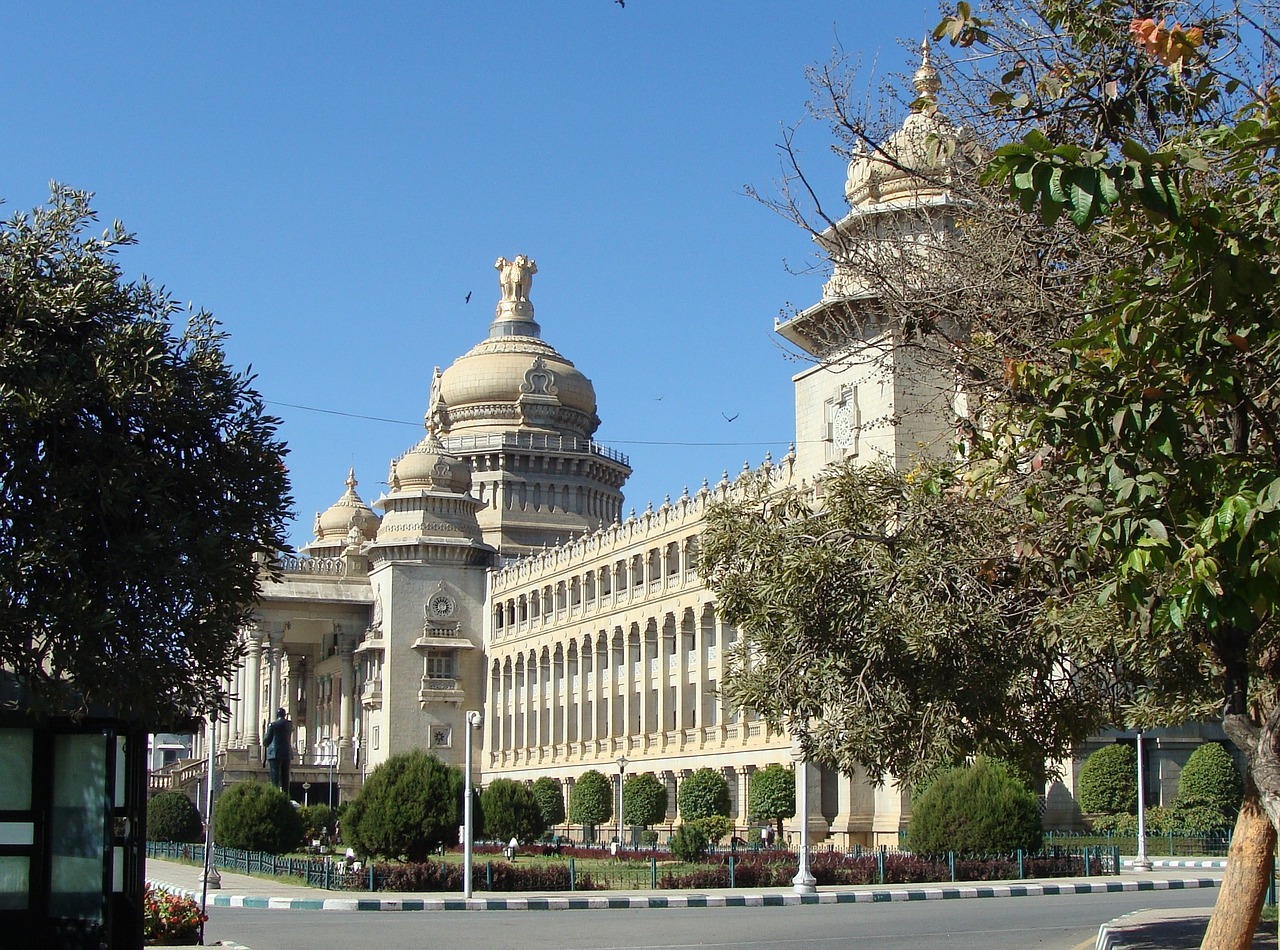Election Disinformation and Misinformation Campaigns
In today’s digital age, the rapid spread of false information has become a prevalent issue, with various key players contributing to the dissemination of misleading content. Social media platforms play a crucial role in amplifying misinformation, as they provide a vast and immediate reach to a wide audience. The anonymity and ease of sharing on these platforms make it challenging to regulate the spread of false information, leading to a proliferation of misleading content.
Additionally, individuals and groups promoting specific agendas or ideologies exploit the digital landscape to push deceptive narratives. Whether it be through strategically curated content or targeted messaging, these actors aim to manipulate public perception and influence opinions. This deliberate propagation of false information by vested interests further complicates the task of distinguishing between fact and fiction in the online realm, posing a significant challenge to combatting misinformation.
Impact of Misinformation on Voter Behavior
Misinformation has significantly influenced voter behavior in recent years. False narratives spread through various media platforms have the potential to sway public opinion and impact election outcomes. Voters exposed to misleading information may make decisions based on inaccurate facts, leading to a distortion of democratic processes.
The proliferation of misinformation has blurred the lines between truth and falsehood, making it challenging for voters to discern accurate information. As a result, individuals may unknowingly form opinions and cast their votes based on manipulated or fabricated content. This phenomenon not only undermines the integrity of elections but also jeopardizes the foundation of democratic societies.
How do false information impact voter behavior?
False information can mislead voters and affect their decision-making process, leading them to make uninformed choices that may not align with their true beliefs or values.
Who are the key players in spreading misinformation?
Key players in spreading misinformation include individuals or groups with a vested interest in swaying public opinion, such as political campaigns, special interest groups, and foreign actors.
How can voters identify misinformation and fact-check information?
Voters can fact-check information by verifying sources, cross-referencing information with reputable sources, and being critical of information that seems too good to be true or plays on emotions rather than facts.
What steps can be taken to combat misinformation in elections?
To combat misinformation in elections, it is essential for voters to stay informed, question information sources, promote media literacy, and hold politicians and media outlets accountable for spreading false information. Additionally, fact-checking organizations play a crucial role in debunking false information and providing accurate information to the public.





